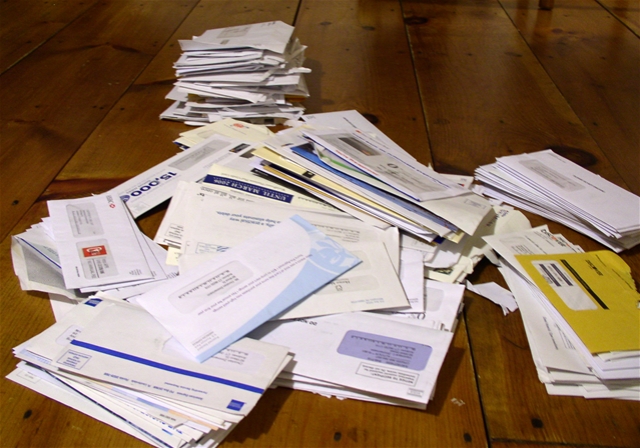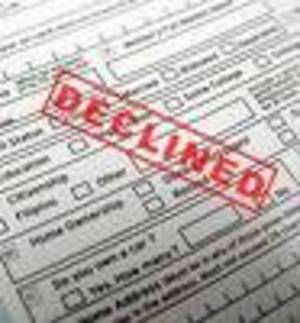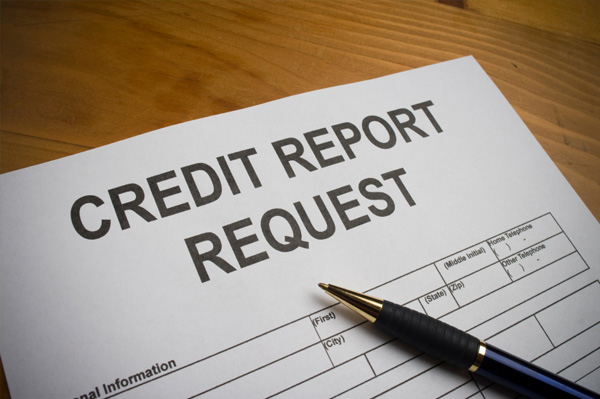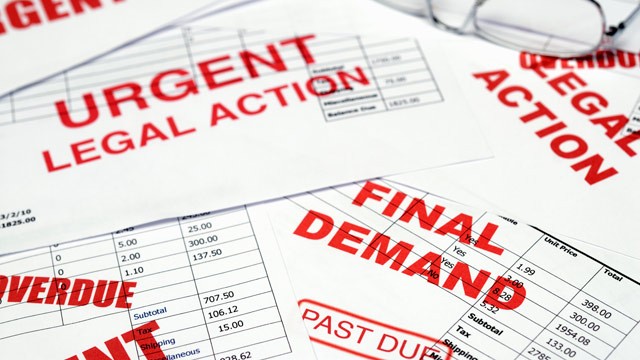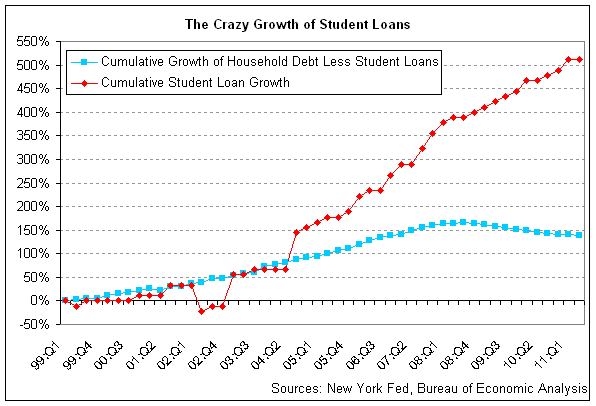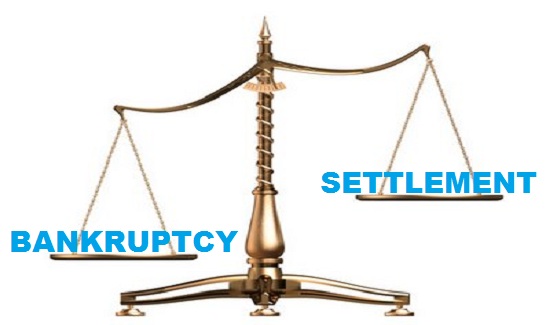What’s Hurting My Credit Score? – Advice
The credit score of the average American is 661, which is considered “fair.” To have good credit, the score must clock in between 700 and 749 and an excellent credit score is considered anything about 750. Needless to say, the majority of Americans don’t have a great FICO score, which means that most are trying to enact debt management or credit repair strategies to boost their scores and thereby make them a more attractive consumer.
So since many Americans have unfavorable credit scores, just where are people going wrong? Here’s a look at some of the most common negatives that impact credit scores:
- Late payments: Payment history accounts for 35 percent of an overall credit score. It’s the largest thing that plays into a score and it allows the lender to see whether or not you’ve paid past accounts on time. Make one late payment and it could stay on your credit report for up to 7 years and dock your score by up to 120 points. That’s a big price to pay for not getting your payment in by the due date. Here’s a credit tip – don’t be late with your payments!
- Similarly, a delinquent account is one that you haven’t paid on within 30 days from the previous due date.
- Collections: When a debt goes to collections, it means that you haven’t been paying on it and it has been sold to a third-party collector. And being that one measly late payment can severely impact your credit score, just imagine how much damage a debt in collections can do. Generally speaking, the higher your score, the greater damage a debt in collections can do to your score. And it can remain on your score for 7 years since you defaulted on the payment.
- High balances: Your utilization rate makes up 30% of your FICO score. The amount of your outstanding balances on your credit cards divided by the sum of your credit cards’ limit, is your utilization rate, expressed as a percentage. Your balances should never exceed 30% of your credit card limits.
- Bankruptcy: Bankruptcy is often a last-ditch resort for people who have severely mismanaged their finances. Filing for either Chapter 7 or Chapter 13 can shave up to 220 points from your score. What’s more is that a Chapter 7 bankruptcy stays on your credit report for 10 years and a Chapter 13 bankruptcy for 7 years. That’s a long time to have to work – and wait – to effectively repair credit.
- Foreclosure: Foreclosure is essentially when a person can no longer afford to make payments on their home any longer and it becomes the property of the bank. It can dock a good credit score up to 160 points and dock a fair credit score up to 105 points. What’s more is that this will stay on your credit report for up to 7 years, making it difficult for you to get another mortgage or qualify for any other type of loan.
As we mentioned in the open, most Americans have poor to fair credit scores. So make sure you understand what is and isn’t good behavior as it pertains to your finances so that you can work your way into the minority and qualify for the best interest rates on loans.
Should you have any additional questions on how you can remove negative items from your credit report, feel free to Sign Up for $0 Today.

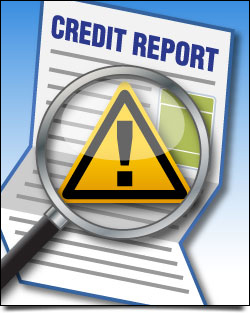

 If personal finance issues make you want to pull the covers over your head, it can be hard for you to know whether you’re coasting along okay or whether you need help with your credit score.
If personal finance issues make you want to pull the covers over your head, it can be hard for you to know whether you’re coasting along okay or whether you need help with your credit score.